Road to War, Part 4: The Early Life of James Madison
James Madison was one of our nation’s most important Founding Fathers and played a critical role in shaping the United States. Known to history as the Father of the Constitution, Madison was not a dynamic leader of men but was perhaps the most useful subordinate of our Founding Fathers. His brilliant mind was among the finest the nation has ever produced, and he provided indispensable help to George Washington during Madison’s Federalist stage and later to Thomas Jefferson when he became Jefferson’s protege. While Madison had neither the leadership skills of Washington nor the vision of Jefferson, his grasp of the intricacies and theories of republican government and his efforts to make those theories a reality were unparalleled. Through it all, over the course of forty years, Madison was the supreme Patriot, and whether espousing the Federalist or Republican cause, a strong central government or one more limited, Madison always had the best interest of the United States foremost in his mind.
The first Maddison (originally spelled with two Ds) arrived in Virginia in 1653 when John Maddison, a ship's carpenter, secured a patent for 600 acres of land on the York River, and his sons and grandsons continued to expand the family property to several thousand acres. In 1721, Ambrose Madison, James Madison’s grandfather, married Francis Taylor, whose family had large estates in Orange County on the Rapidan River. Recognizing that the soil of their acreage in the Tidewater region was becoming exhausted, Ambrose and several relatives moved to the Piedmont region in Orange County in the late 1720s and established what eventually became the famed estate of Montpelier.
Ambrose died in August 1732, supposedly poisoned by three of his slaves, and his son, James Madison, Sr., took over the management of the plantation when he came of age in 1744. James Sr. was well respected in the county and became a Justice of the Peace and a vestryman in the Anglican Church and eventually expanded the property to well over five thousand acres, making him the largest landowner in Orange County. In 1749, James Sr. married Eleanor Conway, and they had eleven children together, the first of whom was James Madison Jr., born on March 16, 1751.
Little is known of Madison’s childhood except that it was largely spent growing up amid the hustle and bustle of an active plantation. He received his rudimentary education in reading, writing, and arithmetic probably from his mother and, because of his somewhat sickly nature, spent little time outdoors in the more common pursuits of hunting and fishing as many of his boyhood peers did on the frontier of Virginia. But his parents had the means and the interest to secure a strong education for Madison, and early on he acquired a love for books and learning. To his good fortune, at age eleven Madison was sent away to study with Donald Robertson in King and Queen County. Robertson, who was from Scotland and had received his education at the University of Edinburgh, ran a school that offered a true classical education, teaching the fundamentals of Latin, ancient history, arithmetic, algebra, geometry, and literature. In 1767, after five years of study and perhaps in need of more advanced tutoring to prepare for college, Madison left the Robertson school and returned home to study for two years under Reverend Thomas Martin.
“Nassau Hall.” Wikimedia.
Unlike many of the sons of the Virginia gentry, Madison did not opt to go to the College of William and Mary in Williamsburg, in part because of the concern that Madison’s sickly nature would not do well in the heat and humidity of the Tidewater region. Instead, Madison chose to attend the College of New Jersey, later known as Princeton University, where he matriculated in July 1769. Originally founded by Presbyterians for the education of church ministers, the College of New Jersey provided a strict environment with students rising at 5am and being summoned to morning prayer an hour later. Students attended classes most of the day until gathering for evening prayers. And, following a quick supper, all pupils were required to be in their rooms either studying or sleeping by 9pm. Madison, who resided in Nassau Hall and, consequently, was subject to the rules of the college, seems to have been a model student and rarely participated in typical college hijinks. In fact, John Witherspoon, the President of the college, once remarked that “during the whole time Madison was under my tuition I never knew him to do, or to say, an improper thing.” And Benjamin Rush, the famed American physician, when urging his own son to avoid idle amusements while in college, noted that “the celebrated Mr. Madison when a student at the Jersey College never took part in them. His only relaxation from study consisted in walking and conversation.”
Madison graduated from the College of New Jersey in September 1771 but remained in Princeton throughout the winter as he felt too weak to make the journey home, a condition in part brought on by his intense study habits, establishing a pattern of deep commitment to whatever task he undertook. Madison's health, which was a problem for most of his adult life, has never been accurately diagnosed. The symptoms of the attacks from which Madison suffered suggest epilepsy may have been the cause and there seemed to be a strain of that disease in his family, but that has never been confirmed. Madison may have been a bit of a hypochondriac in part due to his nervous personality and bouts of anxiety, which kept him from doing many strenuous things such as sea voyages (he never left North America) or serving in the military. Interestingly, despite his apparently delicate physical condition, Madison was destined to live to the ripe old age of eighty-five.
Despite his degree, Madison, at age twenty-one, was still in search of an occupation as neither a life in law nor running a plantation excited him, but all that would change, and he would find his true calling as the relationship between Great Britain and her American colonies deteriorated.
Next week, we will discuss James Madison embracing the American cause. Until then, may your motto be “Ducit Amor Patriae,” love of country leads me.



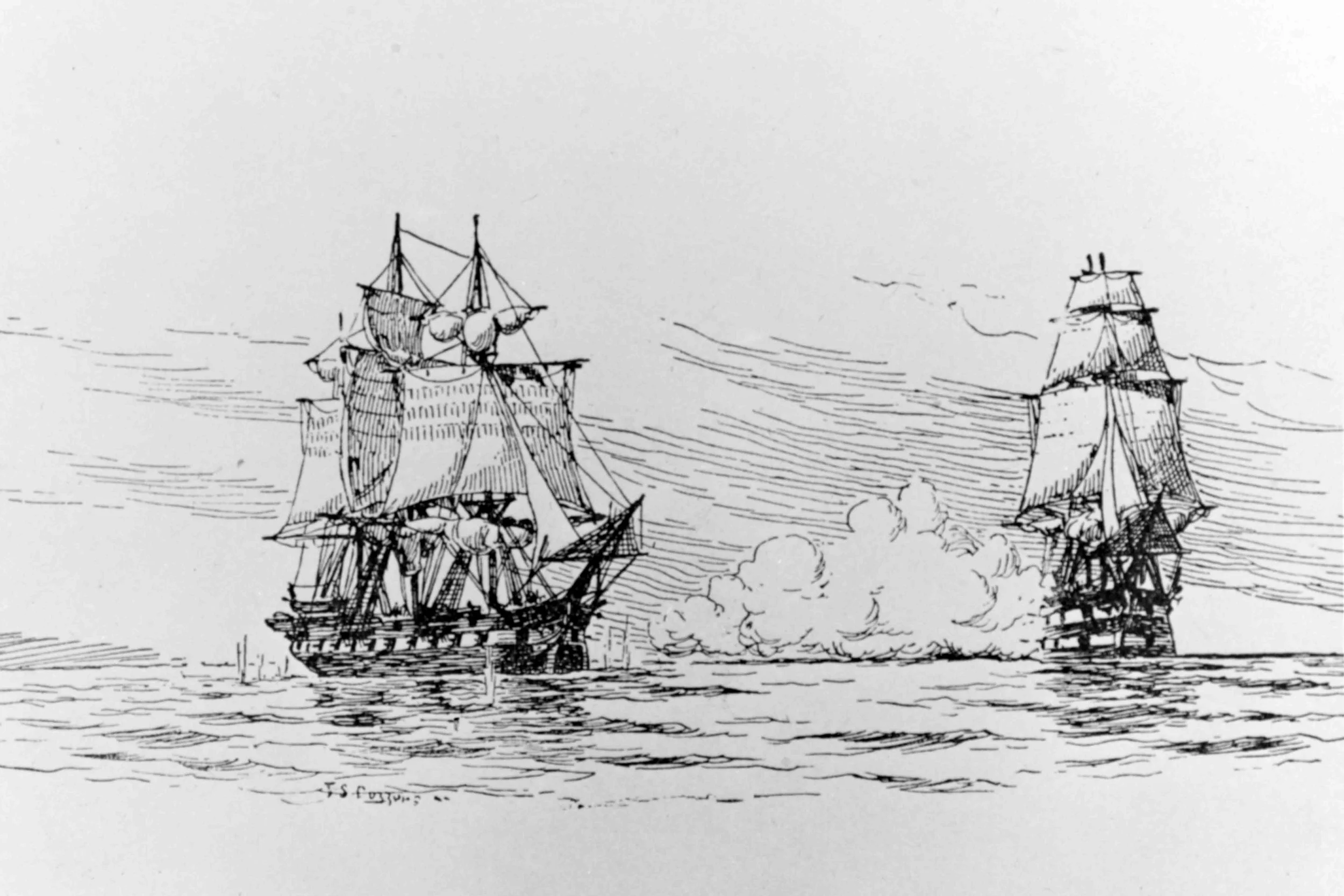



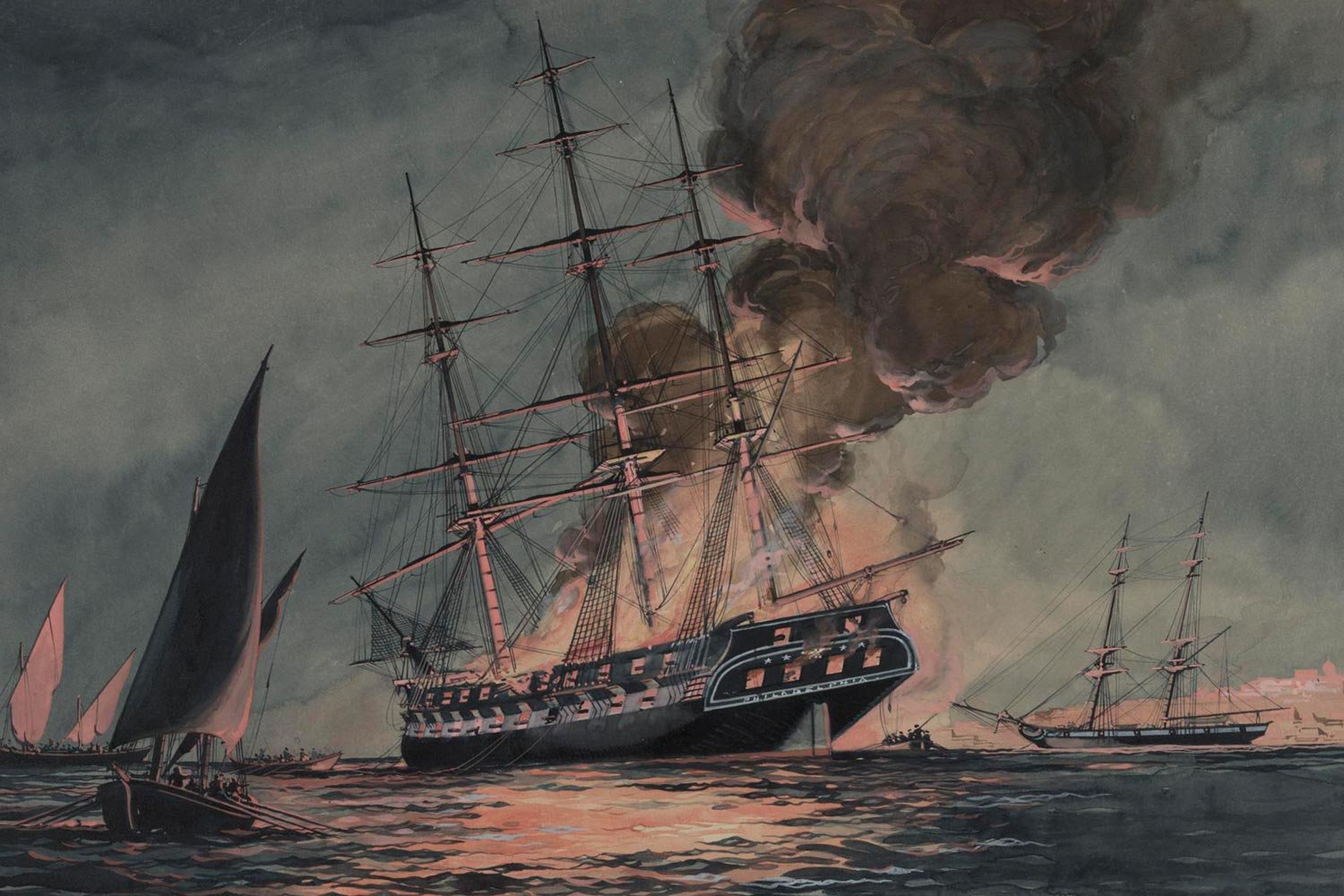
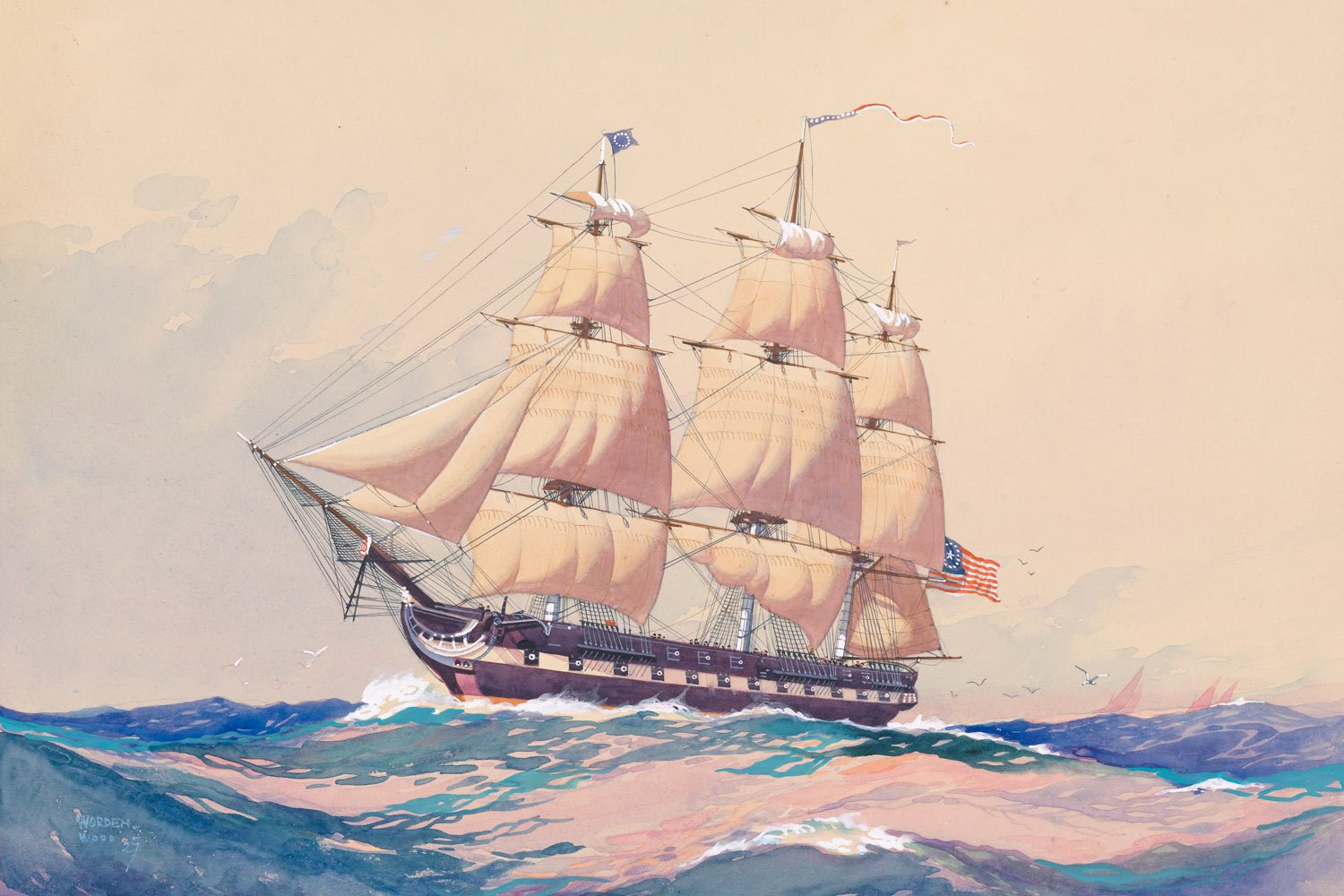

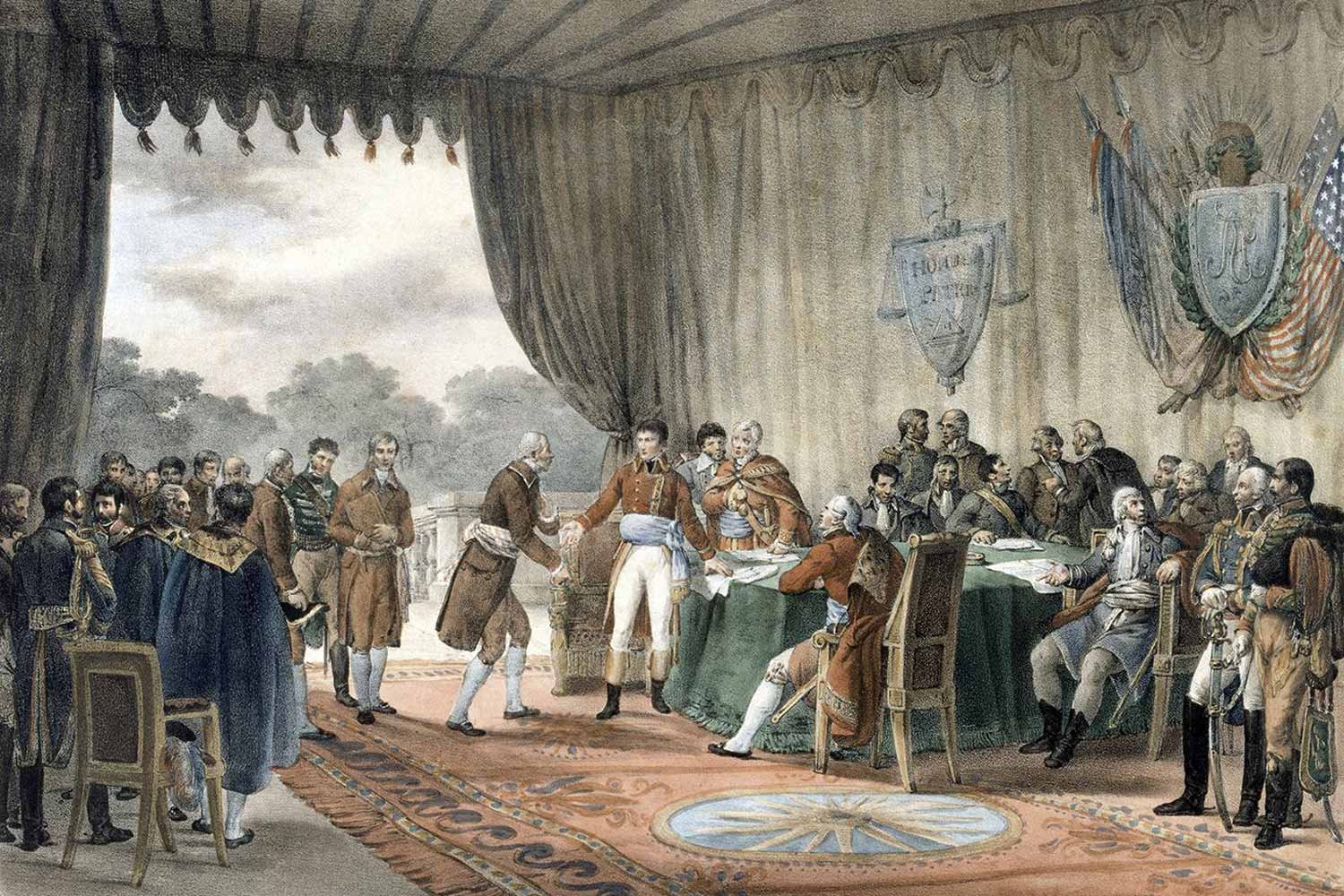
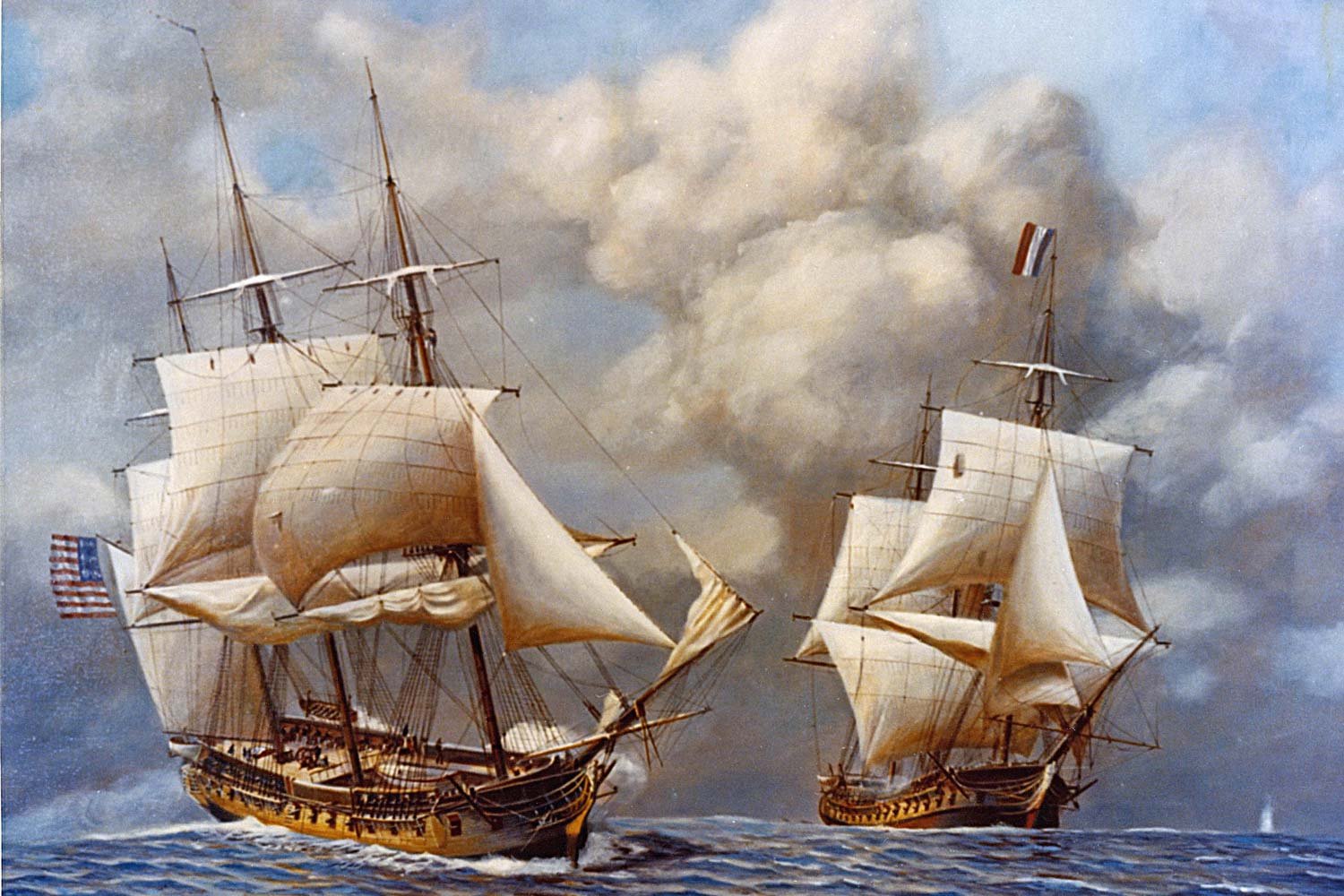
When the Democratic-Republicans came to power in the election of 1800, the Jefferson administration effectively shut down and disbanded both the United States Army and Navy. As a result, when American merchant ships were abused and seized as contraband of war on the high seas and in British and French ports during the Napoleonic wars, the United States was helpless to respond.